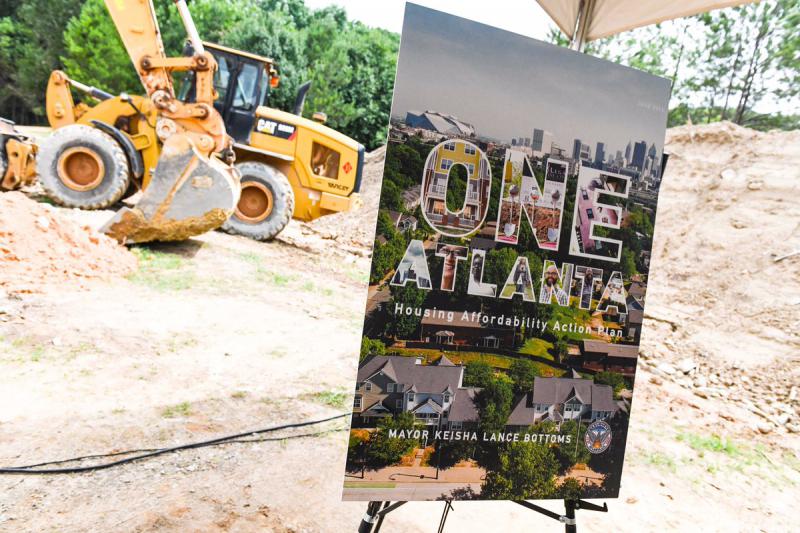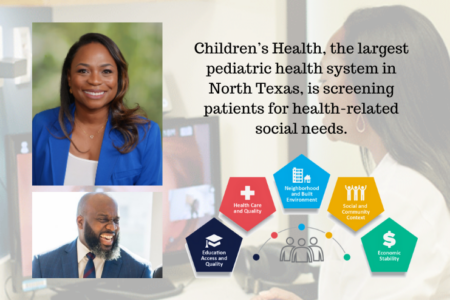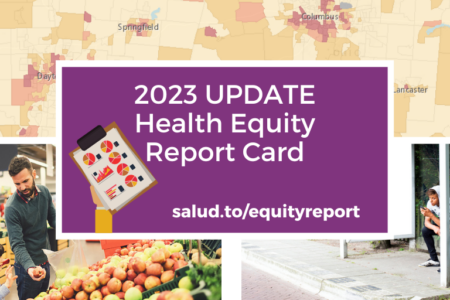
Share On Social!
It’s clear that the country is going through a housing crisis, which is impacting Latinos and all Americans.
In many communities, housing costs have outpaced local incomes — many cannot afford to live in major cities. It is a problem facing many local governments, including Atlanta (4.6% Latino).
In 2017, that city was the third fastest-growing metropolitan region in the U.S. Over the past 19 years, Atlanta’s population has increased by 17%, or more than 486,000 people, according to the Atlanta Journal-Constitution.
As our population grows, many of our long-term residents are experiencing challenges.
The average rent in Atlanta is nearly $1,400 a month for a one-bedroom, according to Rent Café. However, the U.S. Census Bureau shows that over 20% of residents are making less than $25,000 a year.
The city’s mayor, Keisha Lance Bottoms, recently announced an action plan to make sure residents have access to affordable housing.
“The reality is that no city has gotten this right, and in true Atlanta fashion, I truly believe we will be the first to get it right in terms of the affordable housing challenge across this country,” Bottoms said.
Addressing Housing Inequities
Bottoms’ strategy aims to connect low-income residents to affordable housing resources for home improvements, as well as helping prevent displacement.
One large aspect of the action plan will be to invest $27.6 million into developments that will offer affordable rental rates for those at 30%, 60%, and 80% of the area’s median income. 
The main goals of the project are:
- Creating or preserving 20,000 affordable homes by 2026
- Increasing the overall housing supply
- Investing $1 billion from public, private, and philanthropic sources into producing and preserving affordable housing
- Ensuring equitable growth for all Atlantans and minimize displacement
The mayor’s strategy has garnered support from the community, according to Marshall A. Latimore and Miana Massey of the Atlanta Voice.
“The Plan represents a collaborative and shared effort from multiple City agencies and a diverse group of nonprofits, philanthropic organizations, faith-based organizations, educational institutions, private companies, residents, and community members who came together under the banner of House ATL to develop recommendations that are critical to the future of housing in Atlanta,” they write.
Others are hopeful that the program will help many find reasonable housing options while not putting too heavy of a burden on Atlanta’s city government.
Sarah Kirsch, executive director of Urban Land Institute of Atlanta, said the plan was “a giant leap” for the city’s affordable housing options, according to the Atlanta Journal-Constitution.
“This is not a moonshot, this 20,000 units,” Kirsch said.
National Housing Issues
Millions of families in America are struggling to keep a roof over their heads—and it’s taking a toll on their health and many studies shows housing is linked to health and equity.
Bottoms notes the gap in wage stagnations and increasing rent rates is nothing to overlook. 
“Rents are going up in around our city, but the increase in wages is not keeping pace,” Bottoms said. “There’s a growing gap in what people can afford and what people make.”
Check out these stories about how cities and programs are finding unique ways to boost affordable housing.
- Major steps toward Affordable housing in Austin, Texas
- San Antonio’s Daring New Policies for Affordable housing
- The Outside-the-Box Fix for Denver’s Affordable Housing Crisis
- Colorado City Could Mandate More Affordable Housing
Improving “healthy” housing efforts have been most effective when there are intentional commitments to addressing disparities and eliminating root causes of housing hazards.
Explore More:
HousingBy The Numbers
56.9
percent
of Latinos are "housing cost burdened"



